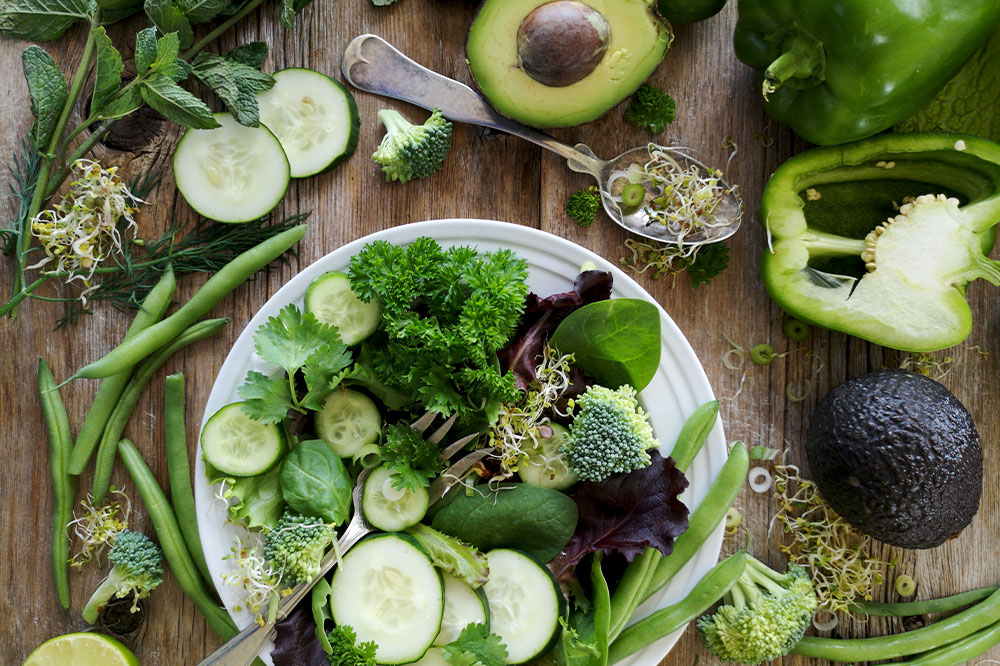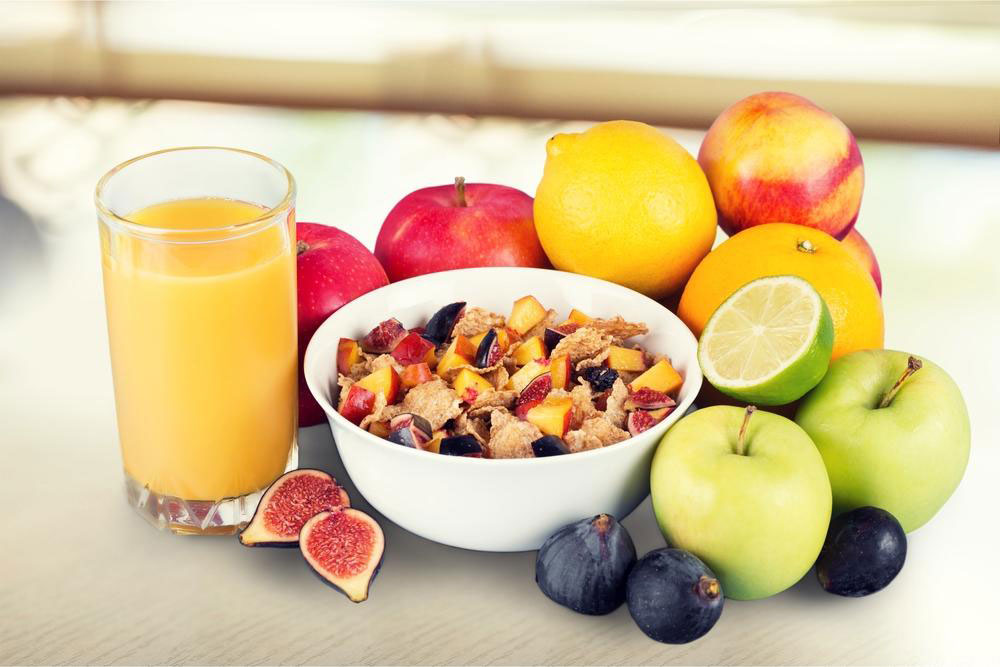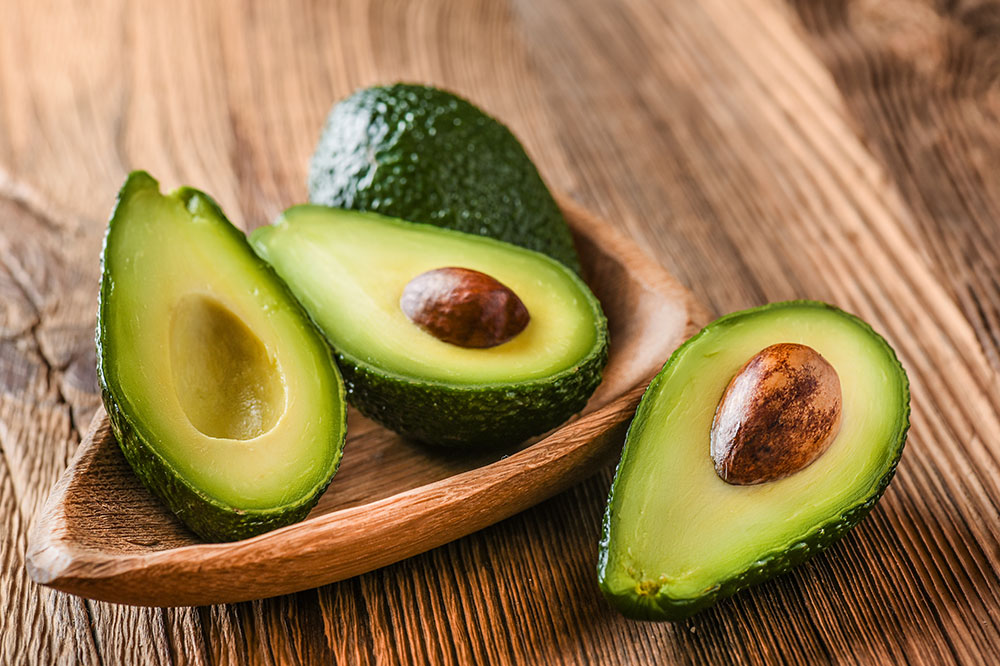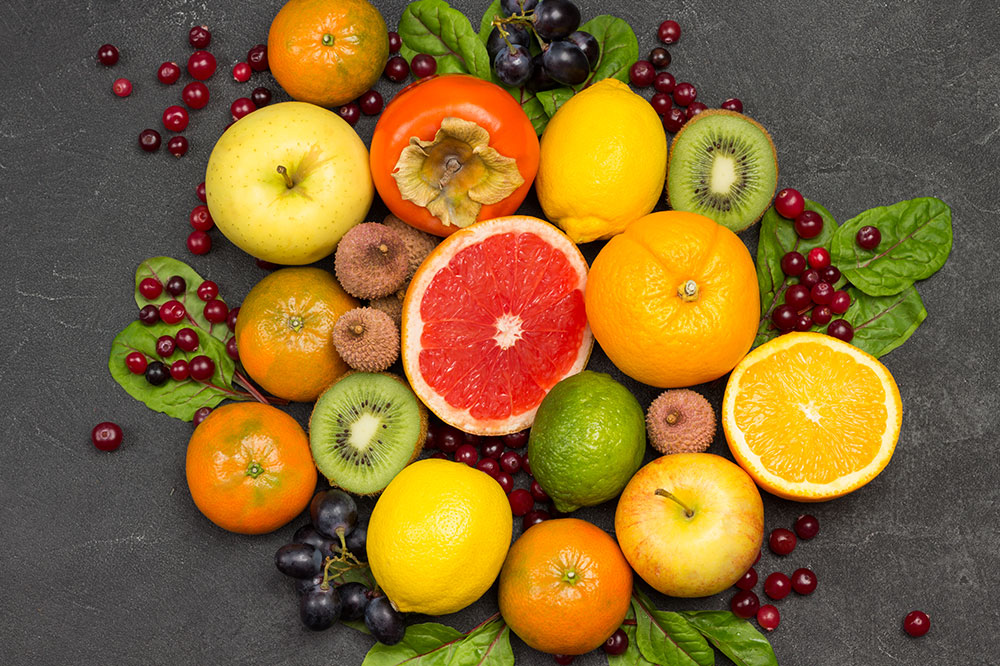Top 5 Low-Sugar Foods to Help Control Diabetes Effectively
Discover the top five low-sugar foods that are highly beneficial for managing diabetes. This comprehensive guide explores nutrient-rich greens, healthy fats like avocados, omega-3 fatty fish, eggs, and flaxseeds, offering practical tips to incorporate these foods into your diet. Learn how these choices support blood sugar regulation, cardiovascular health, and overall well-being. Whether you're aiming to prevent diabetes or control an existing condition, adopting these low-sugar options can significantly contribute to a healthier lifestyle and better disease management. Explore expert insights and nutritious ideas today.

Top 5 Low-Sugar Foods to Help Control Diabetes Effectively
Managing diabetes requires careful attention to diet, especially regarding sugar intake. Fructose, a naturally occurring sugar found in fruits, honey, and sweetened beverages, can influence blood sugar levels when consumed excessively. While foods high in fructose are often associated with increased risk factors for developing diabetes, beverages with added sugars pose an even greater threat to blood glucose control. For individuals living with diabetes or those aiming to prevent it, incorporating foods low in sugar into daily routines is crucial for maintaining healthy blood sugar levels and overall well-being. Here, we explore five excellent low-sugar foods that can be easily integrated into a diabetes-friendly diet, supporting health and promoting better blood glucose management.
Leafy Greens and Vegetables
Spinach, kale, Swiss chard, and other dark leafy greens are nutritional powerhouses that are incredibly low in digestible carbohydrates. These vegetables are rich in essential vitamins like vitamin C, vitamin K, and several B-vitamins, as well as minerals such as magnesium, calcium, and potassium. Because they contain minimal carbs and high fiber content, leafy greens do not cause significant increases in blood sugar levels. Including abundant salads and cooked greens in your meals can aid in controlling blood glucose and provide antioxidants that help combat oxidative stress associated with diabetes.
Avocado and Healthy Fats
Avocados are a unique fruit that contains very little sugar—less than 1 gram per serving—and is an excellent source of heart-healthy monounsaturated fats. These fats support cardiovascular health, which is especially important since diabetics face a higher risk of heart disease. Additionally, avocados are high in dietary fiber, which helps slow glucose absorption, stabilizing blood sugar spikes after meals. Their creamy texture makes them versatile for salads, spreads, or standalone snacks, making them a delicious addition to a low-sugar, diabetes-friendly diet.
Fatty Fish Rich in Omega-3 Fatty Acids
Fatty fish such as salmon, sardines, anchovies, and herring are not only low in carbohydrates but also high in omega-3 fatty acids like EPA and DHA. These essential fats have been shown to reduce inflammation, improve insulin sensitivity, and lower cardiovascular risks associated with diabetes. Incorporating such fish into your weekly diet can provide high-quality protein and healthy fats that support blood sugar regulation and overall heart health.
Eggs as a Protein Source
Eggs are an inexpensive and nutritious food source rich in high-quality protein and essential nutrients. They contain minimal calories and carbohydrates, making them an ideal food for blood sugar control. Regular egg consumption has been linked to improved insulin sensitivity, increased HDL (good) cholesterol levels, and reduced inflammation. Including eggs in your breakfast or meals can help stabilize blood glucose levels and contribute to cardiovascular health, which is vital for individuals managing diabetes.
Flaxseeds and Plant-Based Fiber
Adding flaxseeds to your diet provides numerous health benefits. Flaxseeds are an excellent source of dietary fiber, particularly soluble fiber, which helps slow down carbohydrate absorption and manage blood sugar levels. They are also rich in lignans and omega-3 fatty acids, which promote heart health and have anti-inflammatory properties. You can incorporate ground flaxseeds into smoothies, oatmeal, or yogurt for an easy boost of nutrition without adding sugar.
Adopting a plant-based or vegan diet can be particularly advantageous for individuals managing Type 2 diabetes. Vegan meal plans emphasize whole grains, legumes, vegetables, fruits in moderation, and healthy fats, all of which can aid in stabilizing blood glucose levels. For those seeking convenient ways to incorporate healthy, low-sugar options, meal delivery services such as Hungryroot, Sunbasket, and Purple Carrot offer a variety of fresh vegan meals designed to support diabetes management and healthy living. Embracing these dietary choices can improve insulin sensitivity, reduce weight, and enhance overall health outcomes in diabetic patients.





